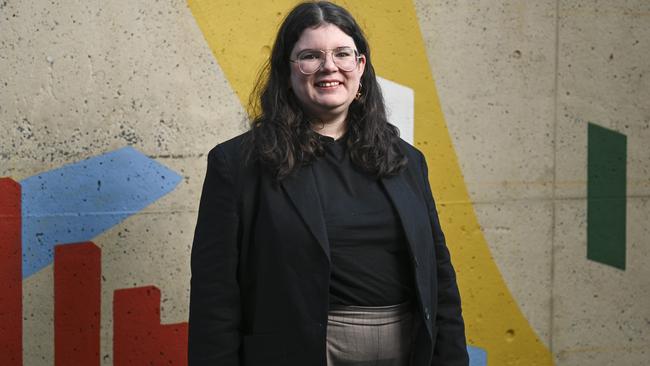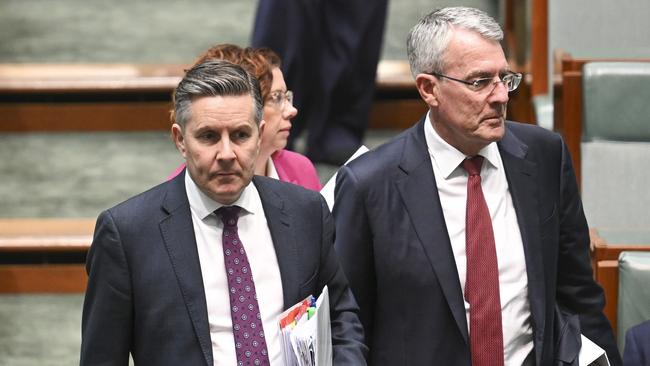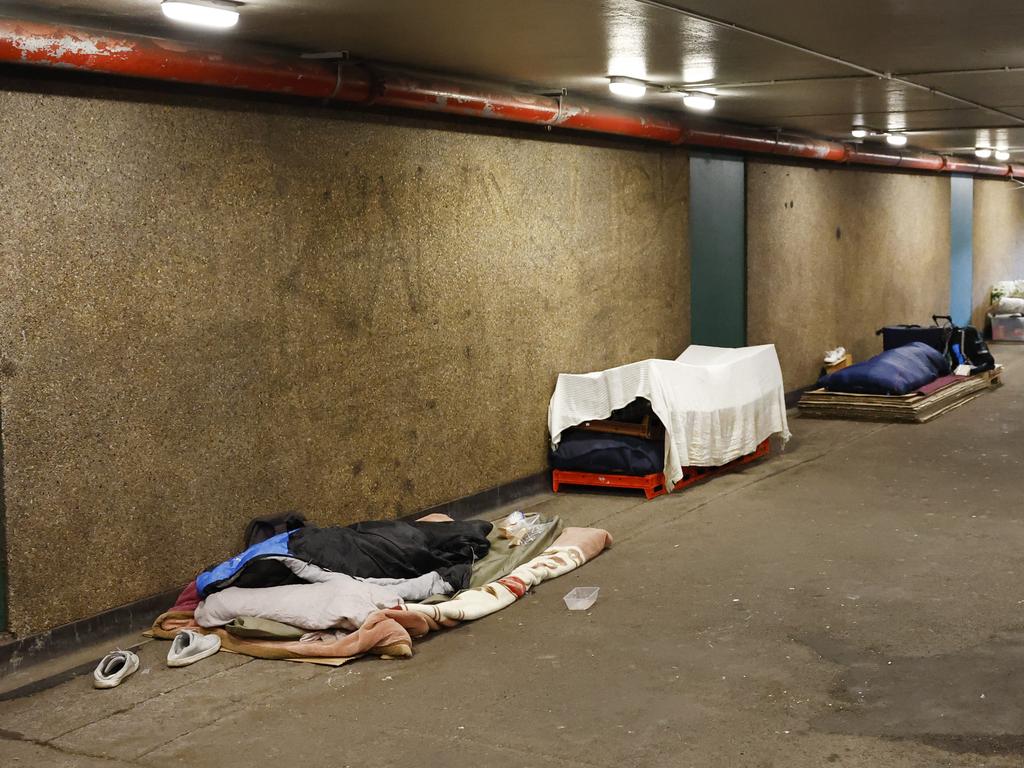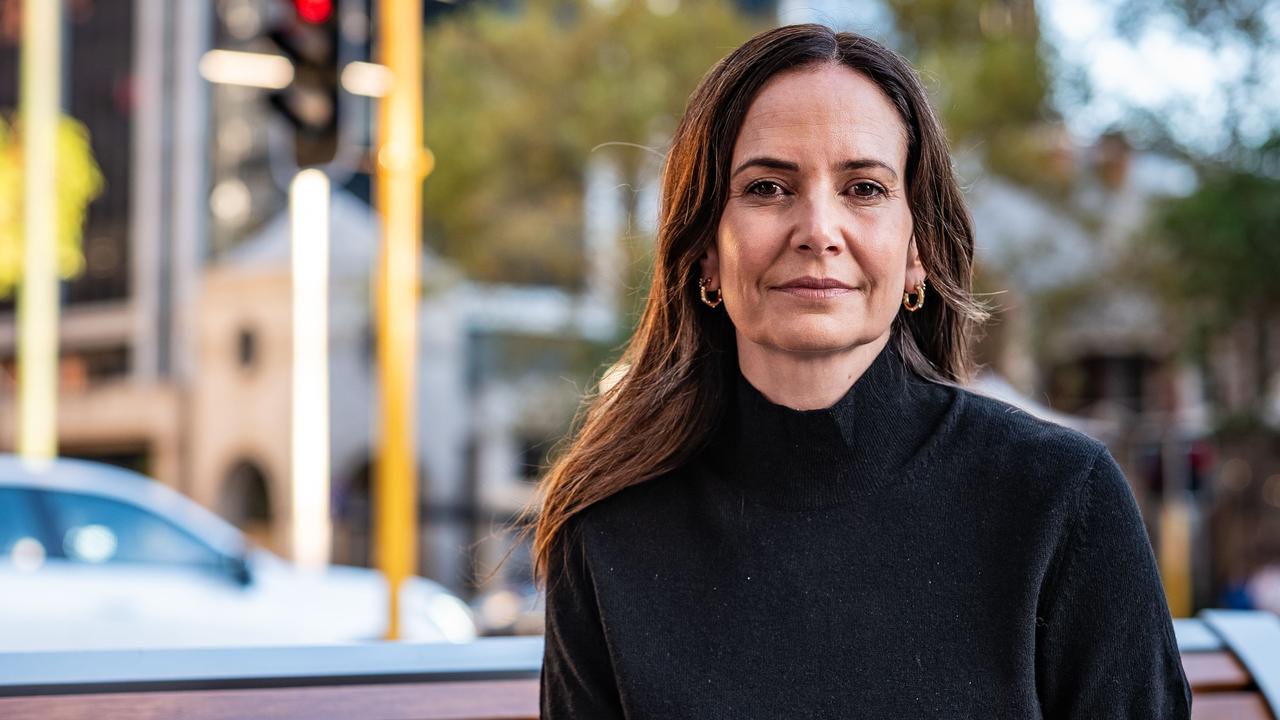Major parties called to outline severe mental illness support ahead of election
The violence at Bondi Junction in April has changed the national conversation on mental health care, research shows, with voters increasingly prioritising care policies.

New data shows Australians have undergone a shift in their views of severe mental health conditions following the Bondi Junction stabbing tragedy in April, with the majority believing governments have a responsibility to take greater care of the mentally ill.
Research from the Mental Illness Fellowship of Australia and Psychosis Australia shows 85 per cent of respondents want the major parties to release policies addressing acute mental disorders ahead of the federal election.
A nearly identical proportion of respondents believed an increase in mental health funding was required to reduce the risk of national tragedies like the Bondi stabbings, and that further administration of care should be a health priority for government.
Hannah Hyatt was diagnosed with anxiety and depression in high school and was in and out of hospital frequently throughout the following years.
“There was nothing really to guide me, and I was on my own,” she said.
“I knew something was wrong, but I wasn’t really sure what that was until I got a diagnosis.”
By the time she turned 18, Ms Hyatt was diagnosed with schizophrenia.
“There are a lot of people who slip through the cracks because they’re too severe for the mild to moderate health services but not quite severe enough for the complex services. I think there needs to be something there to catch people … and there’s just nothing there at the moment,” she said.
“In the process of my own recovery from complex mental illness, I’ve become quite a strong advocate for other people with complex mental health challenges. I’ve been really lucky in my experience that I’ve been able to find the right services to support me, but I know that’s not how it is for everyone.”
Ms Hyatt now works in peer support as she studies for a bachelor of human services.
While the 31-year-old received the care and treatment necessary to manage her schizophrenia, she said it still required rigorous self-management.
“I don’t think I’ve got to a place yet where it’s just part of my everyday life. It still pops up here and there, and I get an influx of symptoms,” she said. “There’s still a lot of stigma attached to the more complex diagnoses like schizophrenia or bipolar.”
Ms Hyatt said most Australians struggled to understand severe conditions. “There’s no doubt the tragedy of Bondi Junction really did enliven a much sharper national discussion to support people with mental illness and prevent people falling through those gaps,” federal Health Minister Mark Butler said.

“The government acknowledges there is more to be done and is committed to doing the necessary work; this reform is highly complex and must be carefully considered.”
In August, health and mental health ministers committed to meet twice yearly to collaborate on mental health legislation.
“We were expecting some concrete commitments from the health ministers’ meeting in August this year,” MIFA chief executive Tony Stevenson said.
“We’re disappointed that didn’t occur … We really need to see concrete investment in psychosocial support for people with severe mental illness in the next budget cycles.”






To join the conversation, please log in. Don't have an account? Register
Join the conversation, you are commenting as Logout